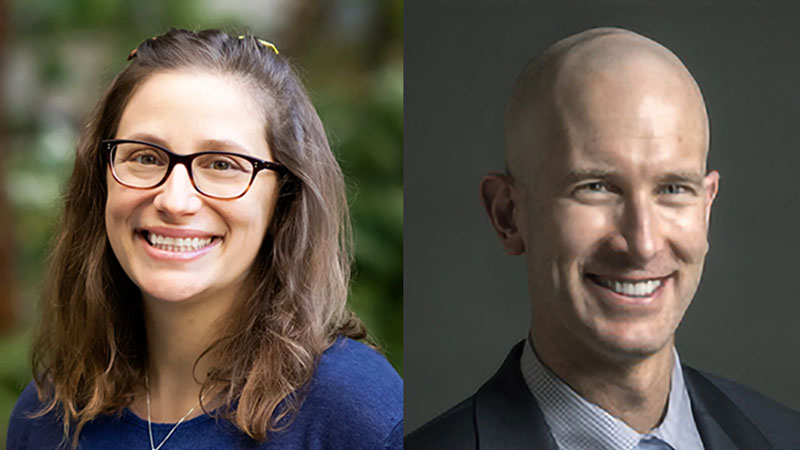What does autonomy mean to a 95 year old woman with disability, dementia, and heart failure residing in a nursing home? Beauchamp and Childress’s classic text “Principles of Biomedical Ethics” devotes 41 pages to the principle of respect for autonomy; 34 pages are devoted to informed consent. When we consider informed consent, we classically think of a major medical decision, such as writing an advance directive, deciding about major surgery, or withdrawing life-sustaining treatment. How much relevance do these major life-altering decisions have for the frail elderly woman in the nursing home?
As Holstein and co-authors note in their new book “Ethics, Aging, and Society: The Critical Turn,” while bioethics is focused on these major medical decisions, most elders in long-term care facilities care less about these major decisions, and are far more concerned about everyday choices: the ability to make private phone calls, having a private space for visitors, or less dependence on others for self care needs such as bathing.
Understanding the priority that elders give to these concerns is important. Bioethics should be responsive to the priorities of all people, including frail and vulnerable elders who live with some degree of disability, cognitive impairment, and chronic illness; bioethics should not be abstract principles designed for completely healthy, rational, and privileged persons.
Holstein and company argue for a reconceptualization of autonomy as relational. We make decisions in the contexts of relationships with others: family members, paid caregivers, and structures of authority. These structures may facilitate everyday choice, or they may be oppressive. In particular, the authors single out the oppression of what they label “master narratives:” successful aging, productive aging, and civic engagement.
These emerging discourses assume that one can and should maintain health into old age. They share several recognizable components that are, at once, both descriptive and normative, establishing one way of life as the norm against which all are measured; they see the world of old age from a privileged perspective; they aim to demonstrate that the old are not burdens on society but rather contributors as producers and consumers; they strive to open opportunities and change images of aging but do not consider the structural inequalities that shape what is possible and probable for individuals. In these ways the “productive” stream is deeply traditional – it affirms voluntarism and the creation of certain forms of social capital and is built on the American ideals of productivity and “success.” In its postmodern form, it glorifies the voice of freedom and self-fulfillment, certainly another voice in this country’s cultural repertoire. (pg 66)
Elsewhere, they describe how these narratives socially devalue elders, threatening their dignity at its most fundamental level.
The authors make compelling arguments for understanding the choices elders are concerned with in terms of their relationships to others. This relational autonomy model is firmly grounded in feminist ethics. This model of autonomy works well for elders who are, after all, mostly women cared for by other women. Furthermore, because elders are often dependent on others for everything from self care to public financing of long term care, who they are and what they experience is inextricably shaped by their relationships to others.
The book can be overly academic at times (what is re-storying anyway?). Proposed solutions are rather abstract and limited (micro-communities of elders engaging in discourse). Overall, the authors’ application of feminist ethics to frail elders rings true to both my clinical experience working with frail elders, and my research experience trying to understand their quality of life concerns. In between the academic verbiage, there were true gems of ideas that illuminated the limitations of the dominant paradigm of autonomy in bioethics.
They make a compelling critique of end-of-life care. Much of contemporary end-of-life care has been framed by the principle of autonomy, focusing on protecting the self-control of rational individuals in advance directives. A feminist application of relational autonomy leads to different priorities, recognizing that vulnerability and dependency – not self control – characterize the condition of frailty. They write:
Vulnerability is the antithesis of individualism and control, the hallmarks on which efforts to improve end-of-life care rest. Further, it is unlikely that [a frail elder’s] rational self is central to her experience at this time; rather it is the fact of her bodily decline that is central and that fact makes her almost totally dependent on others. Neither vulnerability nor dependency has a recognizable place in American bioethics and hence they cannot be central to how we think about care at the end of life…Yet, by placing vulnerability and dependency at the core of what it means to be human, we come to see how care, social commitments and context, which sustain us in our vulnerabilities, are essential and not contingent features of human life. (pg 247)
by: Alex Smith



